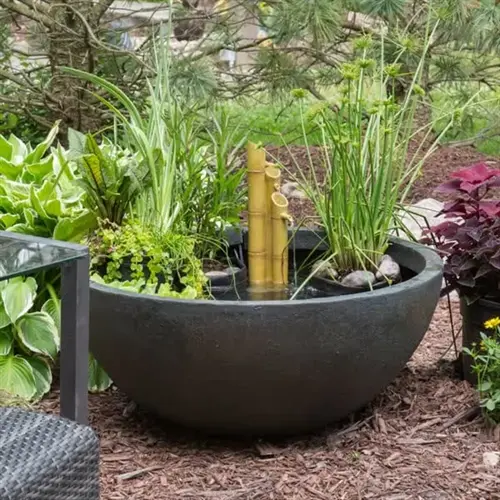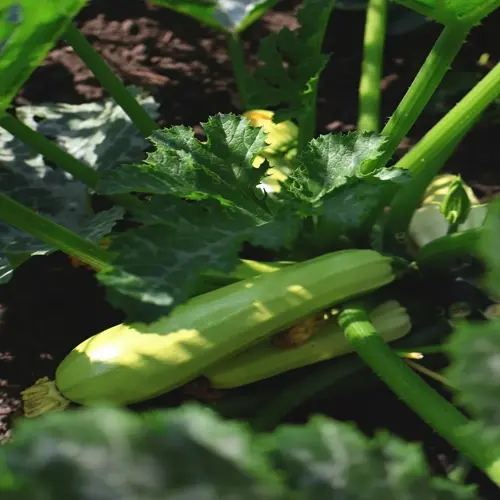Can I grow vertical herbs year-round?

Written by
Olivia Mitchell
Reviewed by
Prof. Samuel Fitzgerald, Ph.D.Herbs in vertical gardens can be cultivated throughout the year, regardless of climate changes. Insulation enables perennial herbs to survive the winter, while annual herbs must be replanted. Indoor growing systems with LED lights allow for indefinite growing seasons. Careful positioning and adjustment of care can continue to produce the desired result.
Winter Protection
- Wrap containers in burlap below freezing
- Apply 3-inch mulch layer over soil
- Relocate to south-facing walls
Indoor Transition
- Use 4000K-6000K LED lights 12 inches above plants
- Maintain 14-hour light cycles daily
- Reduce watering frequency by 50%
Summer Management
- Install shade cloth during heat waves
- Water deeply before 8 AM
- Increase harvest frequency
Climatic zones dictate winter strategies. In zones 7+ outdoor perennials may be insulated simply. The colder zones mean an indoor move before the first frost. Movable vertical systems simplify this seasonal shift. Monitor local frost dates through your local agricultural extension.
Light management supports growth even during short daylight hours. Full-spectrum LEDs are the most effective way to simulate the missing sunlight. Maintain a distance of 12 inches above the herb canopy. Use timers and maintain a consistent photoperiod of at least 14 hours for your plants to ensure optimal growth. Move your planters around each week to maintain an even distribution of light.
Adjusting watering practices can prevent root rot in cooler temperatures. Indoor systems should be watered only once a week. Check for soil dryness before each watering. Water should always be at room temperature. Self-watering reservoirs keep the soil consistently moist at all times, eliminating the need for manual watering.
Perennial herbs that are easy to grow can make gardening easier, even in year-round conditions. Thyme can overwinter with proper insulation. Rosemary will grow best indoors in a sunny window or near a source of light. Mint will grow again each spring from root divisions. These hardy herbs can be harvested repeatedly.
Read the full article: 12 Vertical Gardening Herbs You Can't Miss

